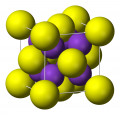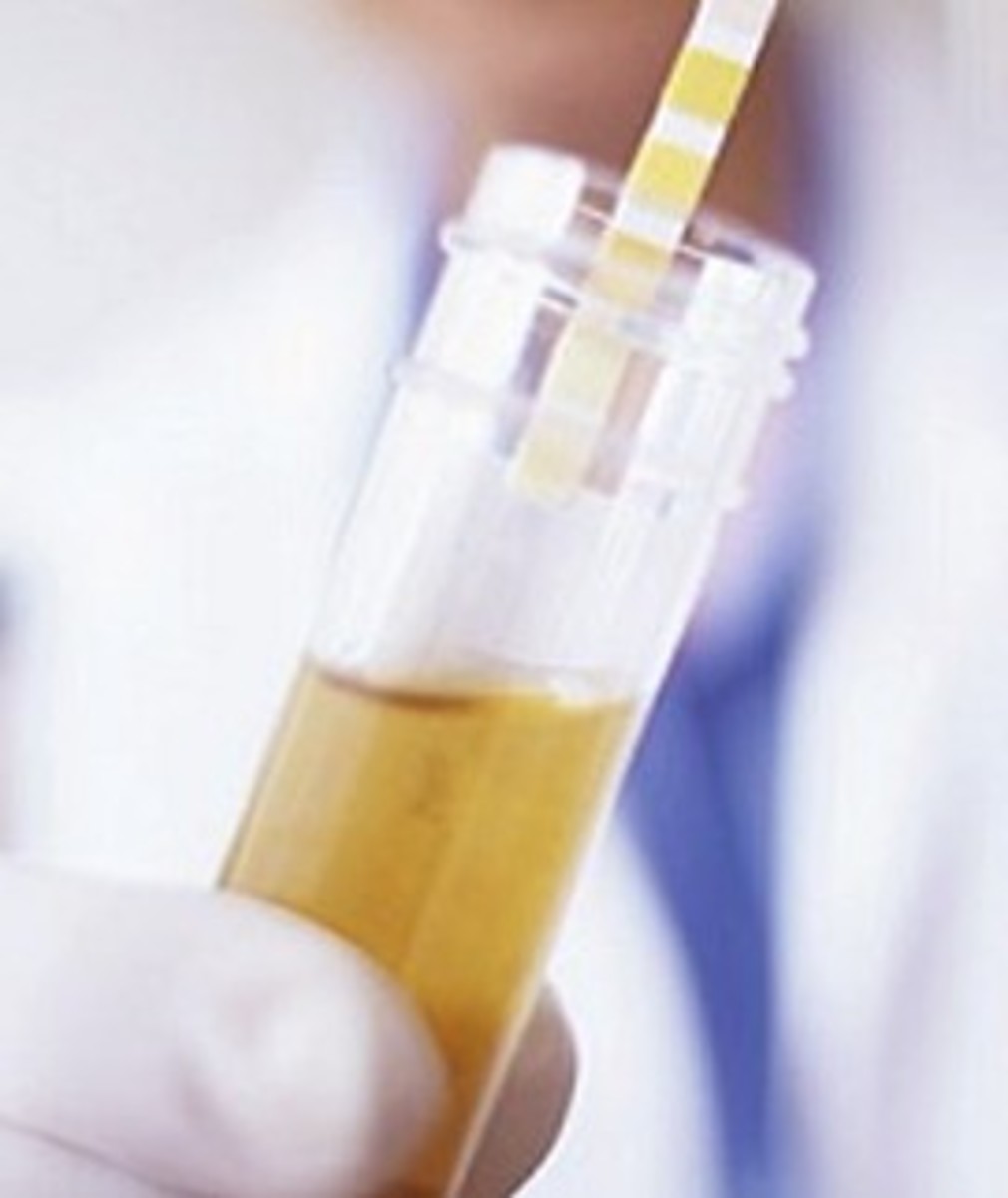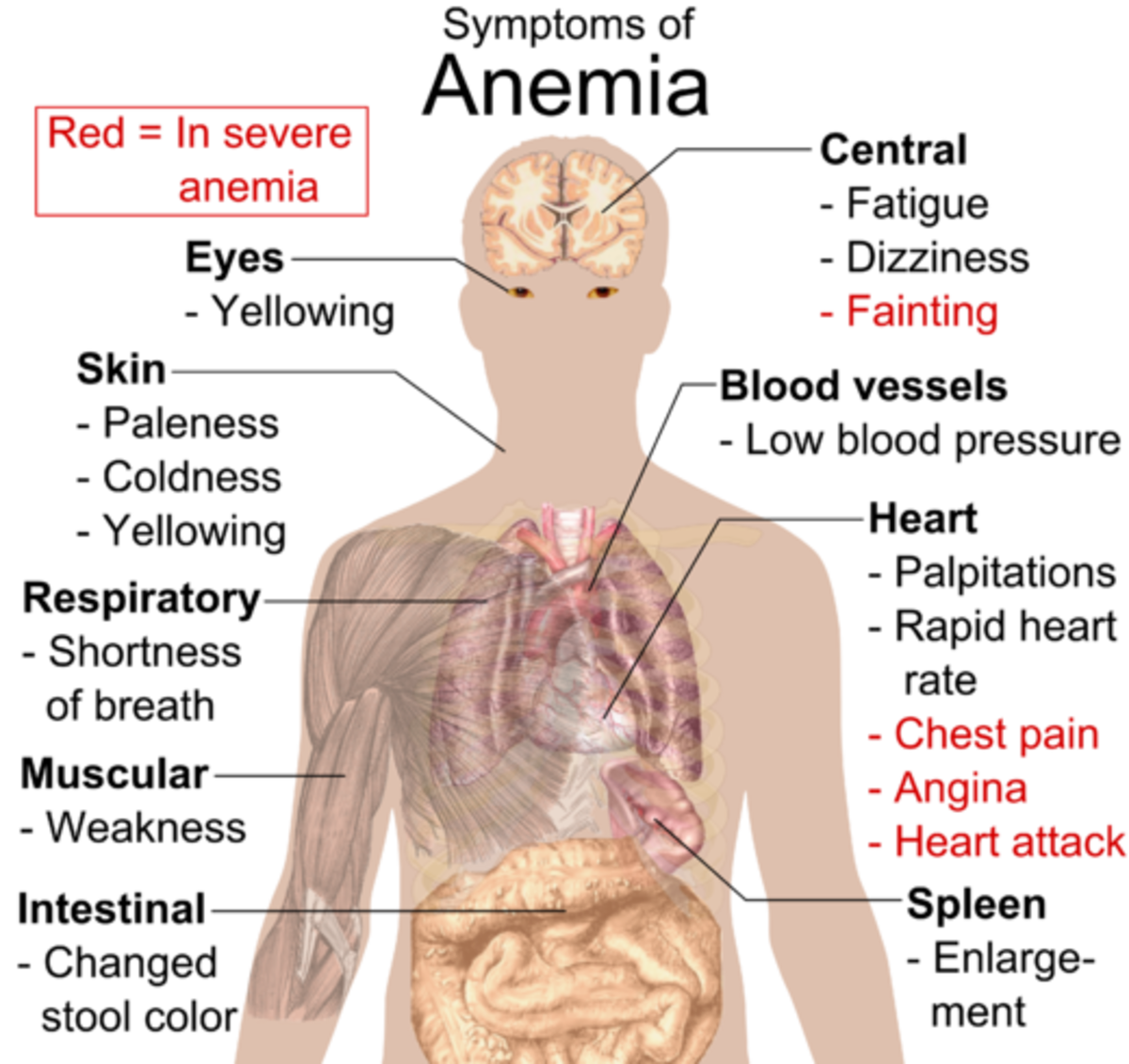Symptoms and Causes of a Potassium Deficiency
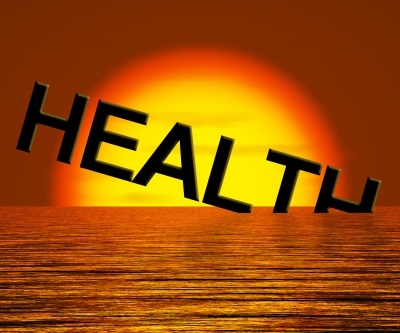
Copyright 2012 - Kris Heeter, Ph.D.
Why are potassium levels in the body so important?
Potassium helps us maintain the appropriate electrolyte balance in the body and that, in turn, helps the body maintain the right fluid levels.
Studies have shown that potassium is critical in helping us maintain a normal heartbeat and it may help prevent high blood pressure.
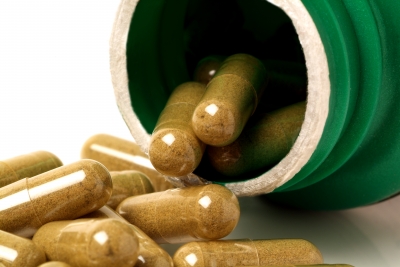
Signs of potassium deficiency or "hypokalemia"
Hypokalemia is the official medical term for a potassium deficiency.
While most symptoms of hypokalemia are mild, they can become serious if potassium levels stay too low. Some signs of a deficiency can include:
- Muscle cramping (especially after over exertion or working out)
- Tingling or numbness
- Feeling light-headed or fainting (blood pressure drop)
- Feeling tired or weak
- Nausea
- Constipation
- Abdominal discomfort
- Onset of an abnormal behavior - confusion, hallucinations, delirium
Note: Hypokalemia should not be confused with "Hyperkalemia" which is too much potassium in the body.
Potassium Mini Quiz
Which food has the highest source of potassium?
What causes a deficiency of potassium?
A potassium deficiency can result from a number of medications or medical conditions.
- Diuretics (a.k.a. water pills)
- Laxatives
- Steroids
- Vomiting
- Diarrhea
- Rare Kidney Disorders
- Rare Adrenal Gland Disorders
- Leukemia
However, on a day-to-day basis, there are several non-medical things that can cause a drop in potassium levels:
- Physical stress (over-exertion or strenuous exercise)
- Mental stress
- Alcohol
- Coffee
- Sugar
Hyperkalemia vs. hypokalemia
On the flip side, an excess of potassium (also known as "hyperkalemia") in the blood can be just as serious. A hyperkalemic imbalance can be an indicator of an underlying disease or potential heart and kidney problems.
Learn what the symptoms and causes of excess potassium are and find out which foods are the best for maintaining healthy potassium levels on a daily basis here: Symptoms and Causes of High Potassium in Blood
What are the recommended daily dietary potassium intake levels?
The Food and Nutrition Board of the Institute of Medicine recommends the following:
Infants
- 0 - 6 months: 0.4 grams per day
- 7 - 12 months: 0.7 grams per day
Children and Adolescents
- 1 - 8 years: 3 to 3.8 grams per day
- 9 - 18 years: 4.5 to 4.7 grams per day
Adults
- Age 19 and older: 4.7 grams per day
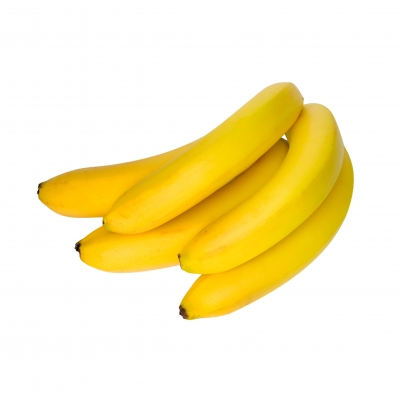
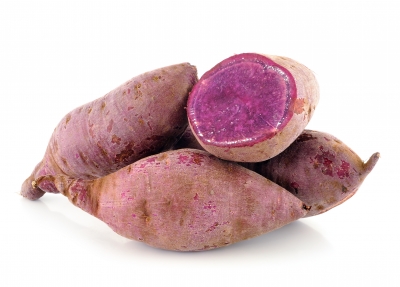
Which foods are the best for potassium intake?
If you took the quiz in the side bar above, which of the following did you guess to contain the highest levels of potassium?
A) Yogurt
B) Banana
C) Sweet Potato
The correct answer was “C” – Sweet Potato.
"Eat a banana" is something we hear often for increased potassium intake and bananas are a definitely a common potassium booster for athletes or those who engage in vigorous exercise. However, of the three listed above, a banana actually has the least amount of potassium.
Here is the potassium break down in these three foods:
- Sweet Potato (1 medium baked) - 694 mg of potassium and 131 calories
- Yogurt (8 oz, non-fat) - 579 mg of potassium and 127 calories
- Banana (1 medium) - 422 mg of potassium and 105 calories
So while a banana is a great “grab and go” source, those with ongoing potassium deficiencies or those needing to boost their potassium on a regular basis can opt for foods like the sweet potato that have higher levels of potassium.
Other potassium-rich foods include:
- Raisins
- Prunes
- Lima Beans
- Regular potatoes
- Spinach
- Canned tomatoes
- Winter Squash
Are you feeling stressed? Grab some potassium.
While physical and mental stress are often unavoidable, foods and drinks that can cause a potassium deficiency can definitely be avoided.
The next time you are feeling stressed, grab one the above high potassium foods and limit your coffee, alcohol and/or sugar intake!
You'll feel better and your body with thank you.

